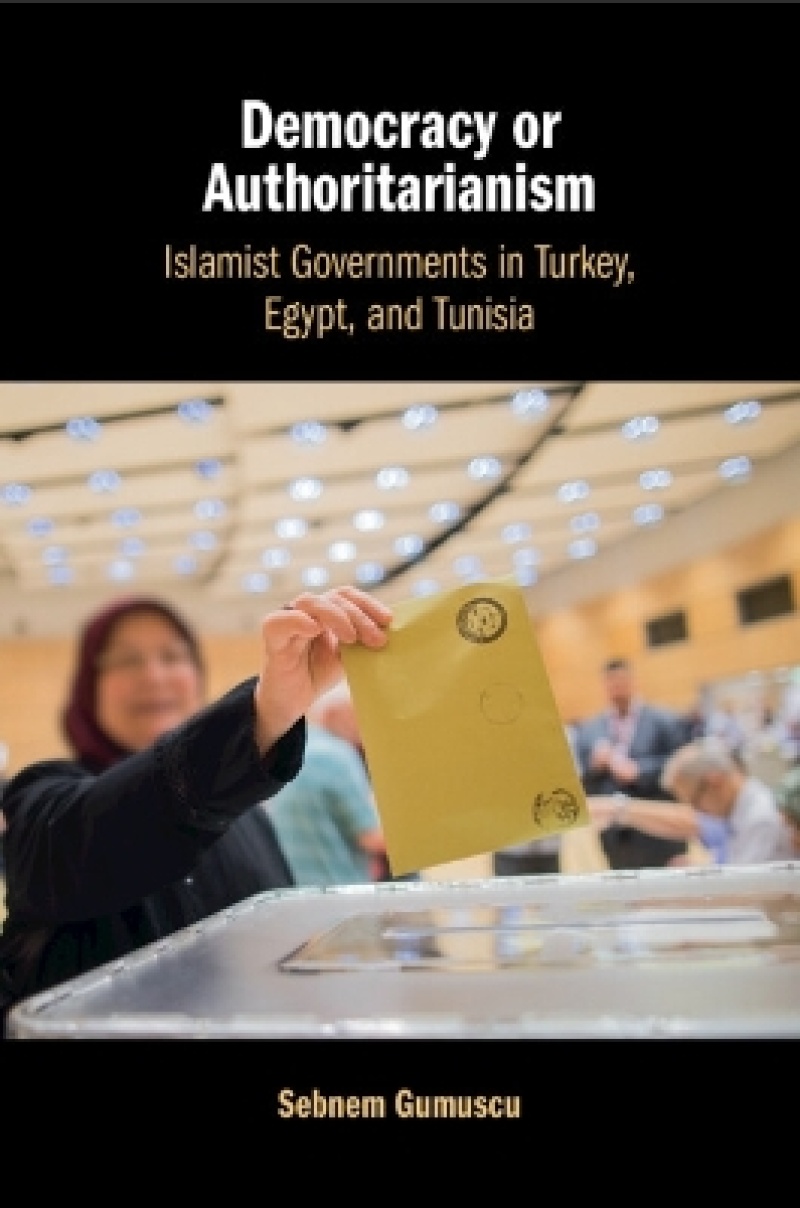'Through extensive fieldwork, Gumuscu offers a detailed, carefully researched empirical analysis of Islamist political parties, focusing on intra-party politics and factional struggles. This pathbreaking study is indispensable to understanding the dynamics of the Islamist political parties and their role in the contemporary politics of Egypt, Tunisia, and Turkey.' Sabri Sayarı, Sabancı University
'This is a crisp analysis of the different trajectories of Islamist parties in Egypt, Tunisia, and Turkey. Developing a refreshing perspective on the highly contingent nature of the relationship between Islam and democracy, Gumuscu's compelling narrative suggests the viability of more positive outcomes in an era of democratic retrenchment.' Güneş Murat Tezcür, University of Central Florida
'This is comparative politics at its very best. Grappling with the timely question of why some Islamist parties remain committed to democracy once in power while others experience democratic backsliding, Gumuscu leverages a rich body of primary research to argue for intra-party competition as the causal factor. Readers have gained a powerful tool via Gumuscu's tour de force.' Nora Fisher Onar, University of San Francisco
'Gumuscu not only contributes to the literature analyzing the relationship between Islamist parties and democracy but also to the broader literature on political parties.' Jülide Karakoç, Middle East Journal
